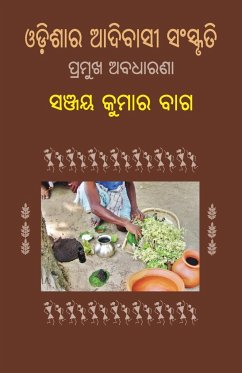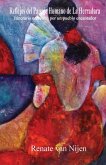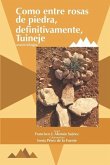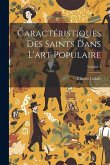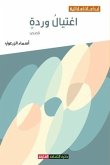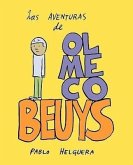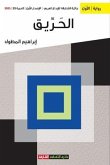The book Odishara Adibasi Sanskruti: Pramukha Abadharana (Tribal Culture of Odisha: Key Concepts) is based on the cultural tradition of tribals of Odisha narrated in Odia. There are 62 tribes in Odisha. They have their culture, worldviews, fair-festivals, arts and aesthetics. In this book, 201 cultural concepts have been narrated with and inserted in lexical structure. Once upon tribals as well as other ethnic communities are labeled as criminal tribes. After seventy years and after independence also they are described as savage, uneducated, blind-believer, and in so many ways. Often in Odisha, tribal area, we have seen tribal children are given branded hot jujube stick to children believing it will recover from bad health what could be seen as a negative result of that immediate believe, but is it blind-belief? If we see this in the intersectionality point of view, many from educated us visiting talisman, praying idol for immediate specific gain, that we all know, and the tribals who are still far away from proper education, health facilities, deprive economically are doing what available at their hands reach helplessly, so how one could state it as a blind-belief? The book is not only about tribal belief, it covers all other day-to-day practices, events, their concept of observing fair and festivals, foods habits, culinary tradition, and ritual related to those, also include the rite-de-passages, agricultural practices and the concepts therein, worshipping of god and goddesses, nature, other rite-rituals, verbal as well as performative tradition like dance, songs, art and crafts, and physical tradition like artefacts. Apart from these some abstract concepts, word views like concepts of weather, earth and water, the relationship between individual and communities, the neighboring ethnic groups also have been incorporated.
Hinweis: Dieser Artikel kann nur an eine deutsche Lieferadresse ausgeliefert werden.
Hinweis: Dieser Artikel kann nur an eine deutsche Lieferadresse ausgeliefert werden.

